Honoring Black Leaders in Public Health, Government, and IT: Dr. Jocelyn Elders
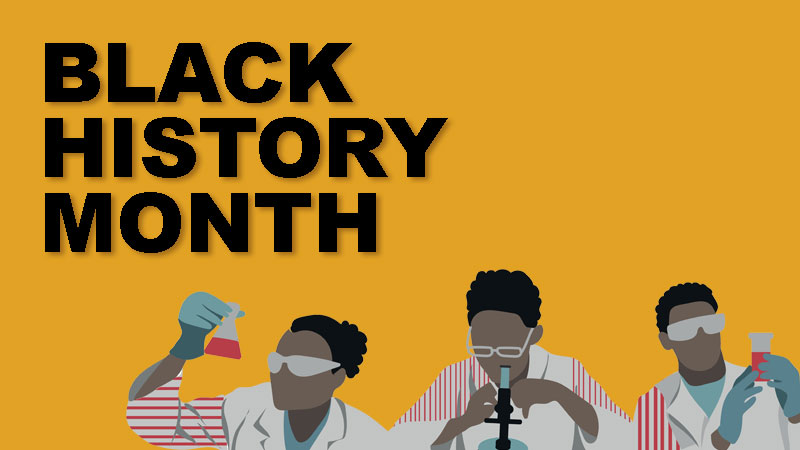
DLH is celebrating Black History Month by honoring the legacy of African-American leaders in public health, government, and information technology. Click here to view more entries in our series.
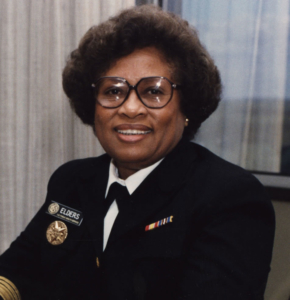 Born in rural Arkansas, Joycelyn Elders did not even visit a doctor until she was sixteen years old. That didn’t prevent Elders from serving as Surgeon General of the United States, becoming the first African American and second woman to head the U.S. Public Health Service.
Born in rural Arkansas, Joycelyn Elders did not even visit a doctor until she was sixteen years old. That didn’t prevent Elders from serving as Surgeon General of the United States, becoming the first African American and second woman to head the U.S. Public Health Service.
Elders enjoyed chemistry and biology in college. She envisioned herself as a lab technician. But after she saw Dr. Edith Irby Jones, the first African American to be accepted as a non-segregated student at the University of Arkansas Medical School, speak at a sorority event, Elders was inspired to seek a career in medicine. A fearless public health advocate, Elders was driven by a desire to improve the lives of children. She eventually became the first person in the state of Arkansas to become board certified in pediatric endocrinology.
Dr. Elders published over a hundred papers throughout her career, many dealing with problems of growth, diabetes in juveniles, and sexual behavior in adolescents. Her early and vocal support for expanded sex education caused controversy at every step of her career, from her stint as the head of the Arkansas Department of Health to her time as U.S. Surgeon General. Nevertheless, she was instrumental in implementing an updated K-12 curriculum in Arkansas that included sex education, substance-abuse prevention, and programs to promote self-esteem, and moved the needle on numerous issues involving sex education and drug legalization during her Federal service. Today, many of the views that were met with such vociferous opposition while she served as Surgeon General have become more mainstream.
Now retired, Dr. Elders remains active in public health education, and advocates for expanded opportunities for black physicians.
Learn more about the life and legacy of Jocelyn Elders from the U.S. National Library of Medicine.
Sources:
‘Dr. M. Jocelyn Elders,’ Changing the Face of Medicine
‘1994: Joycelyn Elders,’ by Jamie Ducharme, TIME
‘Joycelyn Elders,’ by Claudia Dreifus, New York Times Magazine

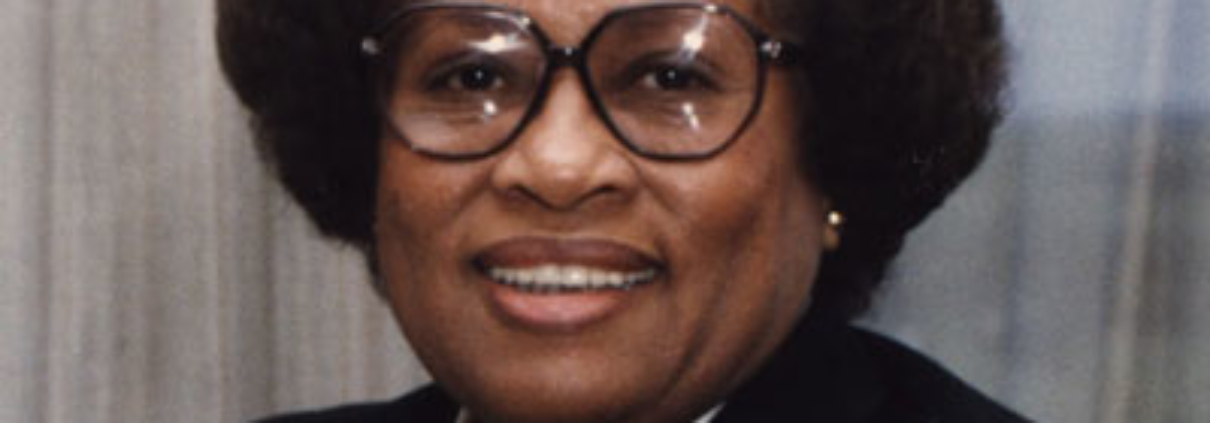
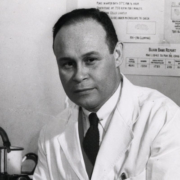
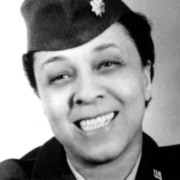
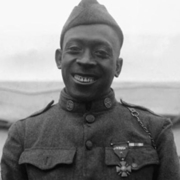
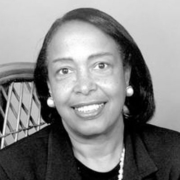
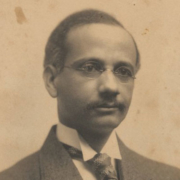
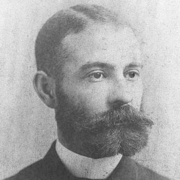
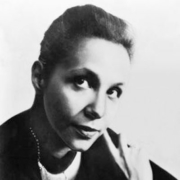
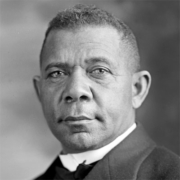



Leave a Reply
Want to join the discussion?Feel free to contribute!